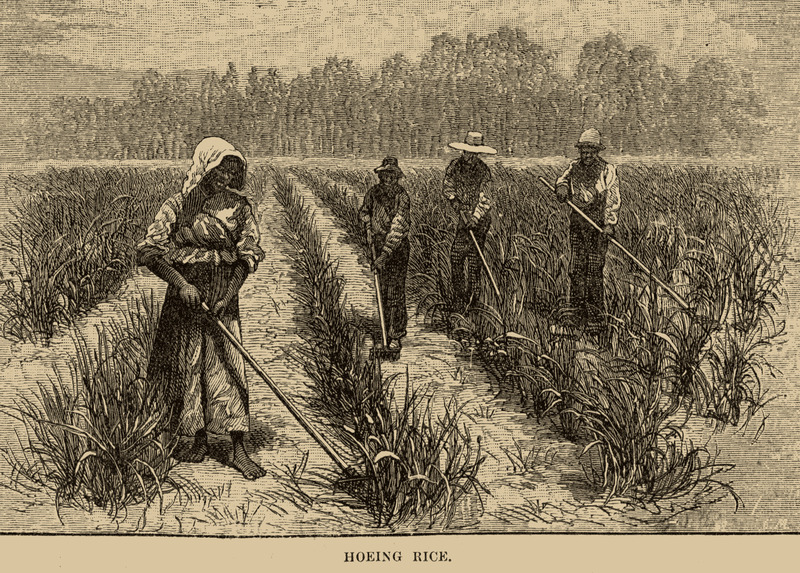Fieldwork
This listing expired on May 1, 2020. Please contact rebere@uncw.edu for any updated information.

Location: 601 S College Rd, Wilmington, NC 28403, USA
Season: May 20, 2020 to June 22, 2020
Session Dates: May 20-June 22, 2020
Application Deadline: March 31, 2020
Deadline Type: Rolling
Website: https://uncw.edu/anthropology/fieldschoolsinternships/fieldschoolcapefear.html
Program Type:
Field School
RPA Certified:
No
Affiliation:
Anthropology Department, UNC Wilmington
Project Director:
Eleanora A. Reber, Anthropology department, UNC Wilmington
Project Description:
UNC Wilmington will offer a field school in the Wilmington area from May 20-June 22, 2020. Our goal is to investigate slave cabins and possible sharecropper cabins at an antebellum/postbellum rice plantation along the Brunswick River near Wilmington. Over the course of the session, students will learn surface surveying, excavation techniques, record-keeping, mapping, and basic lab techniques, including flotation. We will also go on field trips to some local archaeological sites of interest. The class will be 6 credit hours, and will be intensive–it will basically take place all day Monday-Thursday, and half days on Friday. Actual hours of excavation will be decided by vote of the crew.
Surviving chimney falls and other remains of slave cabins and sharecropper residences have been located on local, privately owned land that once belonged to an antebellum rice and naval stores plantation. We began to excavate the first of these cabins in our 2018 field season, and continued in 2019; prior to that, no slave cabin was excavated at any rice plantation along the Lower Cape Fear River, although some plantation houses and outbuildings have been investigated. The goal of our field season will be to map as many of the surviving cabin remains as possible, and excavate some of the slave cabins. We then will be able to compare the Lower Cape Fear slave cabins to those from South Carolina rice plantations, which have been excavated.
Depending on how much material we find, we will put aside at least one half-day a week for laboratory artifact processing, and perhaps more. This will familiarize everyone with standard archaeological lab techniques–washing, inventorying, pottery analysis, etc.
Each student will also have either a group or individual project that will include an oral and written report, to ensure that everyone is keeping their mind on the larger issues of archaeology, as well as the dirt. More information will be available soon.
Period(s) of Occupation: Antebellum/Postbellum: 1830-approx 1950
Notes:
We are always interested in hosting non-UNCW students! For academic credit, you will need to register as a Visiting Summer Student at UNCW and then register for the class. You can then transfer it in to your home institution in whatever way is standard there. Please apply to the Field School via e-mail (and receive an acceptance) prior to registering as a Visiting Student! And you may want to check with your home institution on what forms are necessary to transfer in a domestic transient study credit.
Project Size: 1-24 participants
Minimum Age: 18
Experience Required: Introduction to Archaeology or equivalent; this requirement may be waived in special circumstances.
Room and Board Arrangements:
Must be arranged independently; the field school is a commuter field school. We can help you arrange lodging at UNC Wilmington, however.
Academic Credit:
6 credits upper-level Anthropology
Eleanora A. Reber
Anthropology Department, UNC Wilmington, 601 S. College Rd.
Wilmington
NC
28403
United States
Phone: (910)962-7734
Fax: (910)962-3543
The AIA is North America's largest and oldest nonprofit organization dedicated to archaeology. The Institute advances awareness, education, fieldwork, preservation, publication, and research of archaeological sites and cultural heritage throughout the world. Your contribution makes a difference.
Notifications